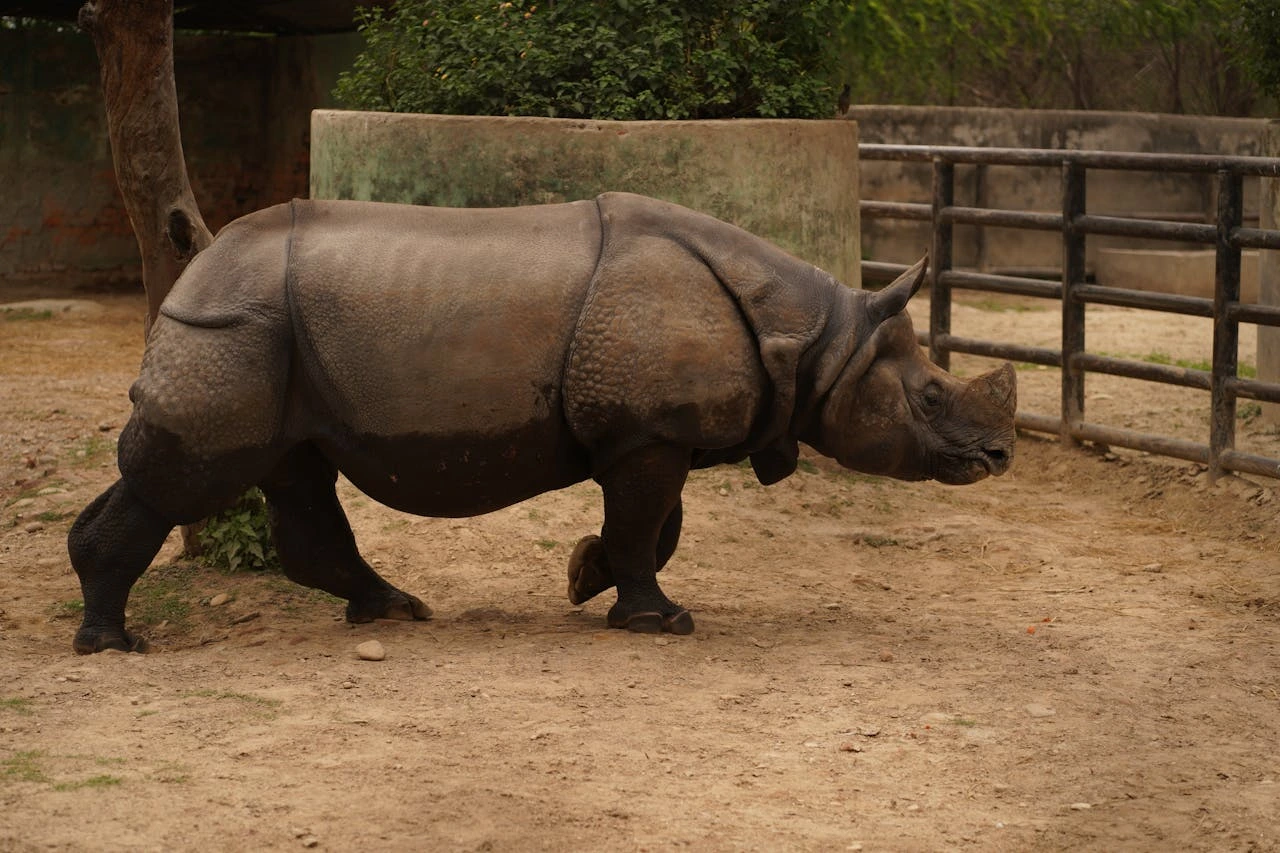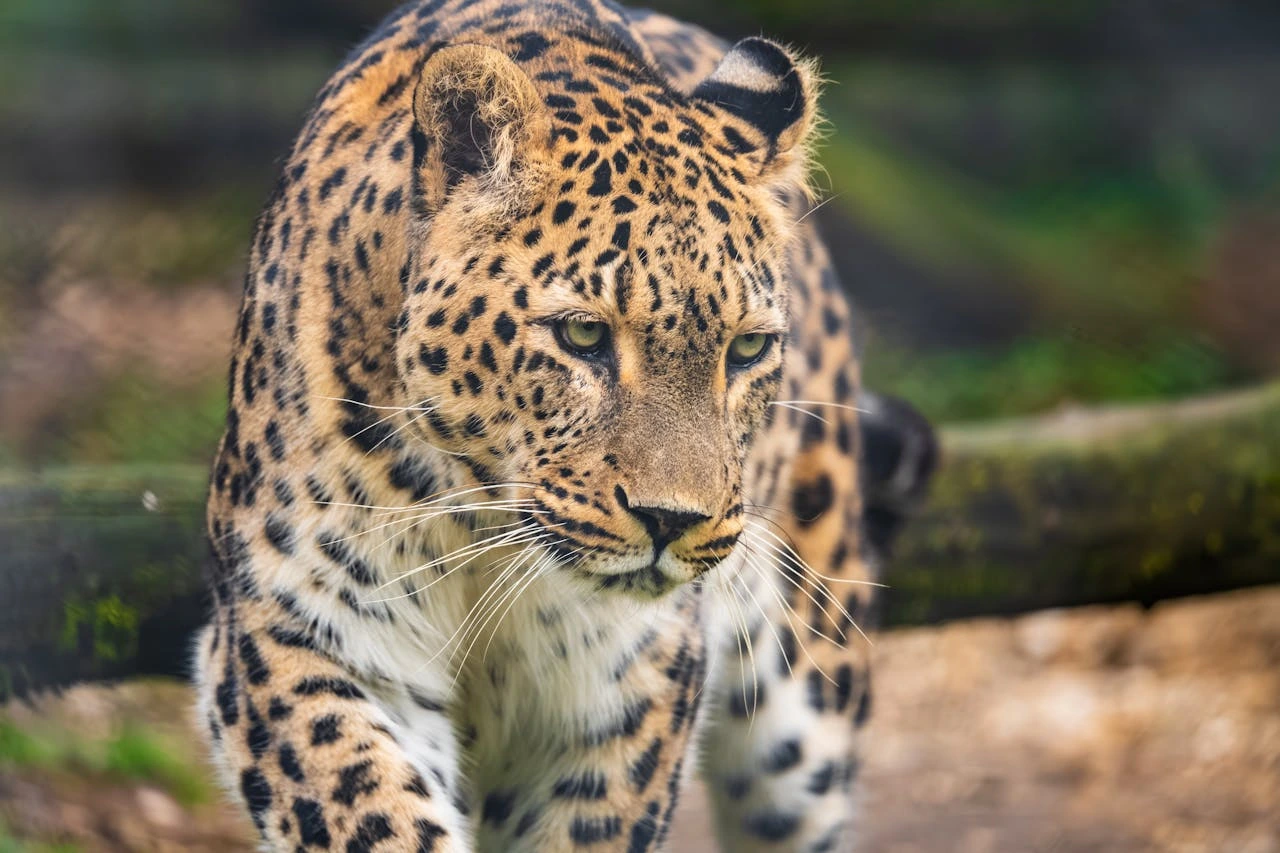How can we help save endangered animals? While the challenge may seem overwhelming, this post will show you that protecting endangered species is entirely possible. With the right mix of individual action and collective effort, we can make a real and lasting impact on wildlife conservation.
Endangered animals are species that are at risk of extinction due to a range of threats including habitat destruction, poaching, climate change, pollution, and illegal wildlife trade.
Each time a species disappears, we lose a vital part of our planet’s biodiversity. Saving these animals is not just about preserving their beauty, it’s about maintaining the health and balance of our ecosystems.
Here’s how we can help save endangered animals:
Support Wildlife Conservation Organisations
One of the most direct ways to save endangered animals is by supporting organisations dedicated to wildlife conservation. These groups work on the frontlines to protect species through:
- Anti-poaching initiatives
- Habitat restoration projects
- Captive breeding and reintroduction programs
- Community education and engagement
We can contribute by donating, volunteering, or even adopting an animal symbolically through organizations like WWF, Wildlife Conservation Society, or Born Free Foundation.
Protect and Restore Natural Habitats
Habitat loss is the number one cause of species endangerment. Forests are cleared for agriculture, cities expand into natural lands, and wetlands are drained for development.
To help reverse this:
- Plant native trees and support reforestation programs
- Promote sustainable land use in our communities
- Support protected areas and nature reserves
- Encourage urban green spaces and wildlife corridors
Healthy habitats mean animals have food, shelter, and a safe place to reproduce and thrive.
Need experts to help with wildlife transport for conservation? Trust our globally experienced team to manage every detail, from permits to welfare compliance and beyond. Get in touch!
Say No to Illegal Wildlife Products
Illegal wildlife trade is a multi-billion-dollar industry that pushes many animals to the brink of extinction. Whether it's ivory from elephants, skins from big cats, or exotic pets, every purchase fuels demand.
We can help stop it by:
- Refusing to buy animal products made from endangered species
- Spreading awareness about the dangers of wildlife trafficking
- Supporting stronger international trade regulations
- Reporting illegal trade to the authorities
Our choices as consumers matter.
Fight Climate Change
Climate change affects many species by altering their natural habitats, disrupting food availability, and increasing the frequency of extreme weather events. Polar bears, coral reefs, sea turtles, and many more are at risk.
To help:
- Reduce our carbon footprint by using public transport, biking, or walking
- Use energy-efficient appliances
- Support renewable energy sources
- Consume less meat and more plant-based foods
Every effort to reduce emissions helps protect animals from climate-related threats.

Support Ethical and Sustainable Products
Many endangered species are harmed indirectly by unsustainable farming, fishing, and manufacturing. Palm oil plantations, for instance, destroy habitats of orangutans and tigers.
We can help by:
- Choosing certified sustainable products (e.g., RSPO, MSC, FSC)
- Avoiding products with unsustainable palm oil
- Buying local and organic when possible
- Reducing waste and recycling responsibly
Choosing ethical brands means supporting businesses that value wildlife.
Educate and Raise Awareness
Education is a powerful tool in conservation. The more people know about endangered species and how to help, the more likely they are to act.
We can:
- Teach children about the importance of wildlife
- Share facts and stories on social media
- Attend and organise wildlife awareness events
- Promote conservation through schools and community programs
Every person we educate can become a voice for animals.
Partner with JCS Livestock for fully compliant transport of wild and endangered animals. With IATA-approved containers, DEFRA licensing, and a proven global track record, we make complex relocations simple, safe, and species-focused.
Promote Wildlife-Friendly Living
Our everyday actions can impact animals more than we realise. We can make small changes that add up to big results:
- Keep cats indoors to protect birds and small mammals
- Avoid using pesticides and chemicals that harm wildlife
- Use bird feeders and plant native flowers to support local species
- Keep trash covered to avoid attracting and harming wildlife
Living responsibly helps make our homes safe for animals too.
Participate in Citizen Science and Volunteering
Becoming actively involved in conservation efforts is not limited to professionals. Citizen scientists help researchers gather valuable data on animal populations, habitats, and migration.
You can:
- Join local wildlife monitoring groups
- Help clean up beaches, forests, or rivers
- Report sightings of endangered species
- Participate in tagging or tracking projects
Hands-on involvement fosters a deeper connection with nature.
Advocate for Stronger Wildlife Protection Laws
We must use our voices to demand change from our leaders. Governments can protect endangered animals through stronger laws and enforcement.
You can:
- Sign petitions supporting conservation policies
- Contact local representatives about wildlife issues
- Vote for leaders who prioritise environmental protection
- Join advocacy groups that campaign for global wildlife rights
Legislation backed by public support can bring meaningful change.
Choose Responsible Tourism
Travel can either harm or help endangered animals. Responsible tourism supports local economies while protecting the environment.
To travel responsibly:
- Avoid attractions that exploit animals
- Support conservation-based tours and eco-lodges
- Do not disturb wildlife in their natural habitats
- Educate yourself about the destination’s environmental issues
When tourism is done ethically, it funds protection efforts and educates visitors.
Conclusion: How Can We Help Save Endangered Animals
In summary, saving endangered animals is a responsibility we all share. Whether through donations, education, lifestyle choices, or political action, each one of us has the power to make a difference. Every act, big or small, counts toward a future where endangered species can thrive once again.
How JCS Livestock Helps Save Endangered Species
JCS Livestock is a DEFRA-licensed animal transport service, approved by IATA, ATA, and IPATA. For over 20 years, we’ve helped relocate endangered animals like tigers, lions, tortoises, and gorillas as part of global conservation efforts. Our temperature-controlled vehicles and satellite-tracked trucks make sure that every animal travels safely and arrives on time. We’re also a trusted name in zoo and pet transport worldwide.
You might also be interested in:
